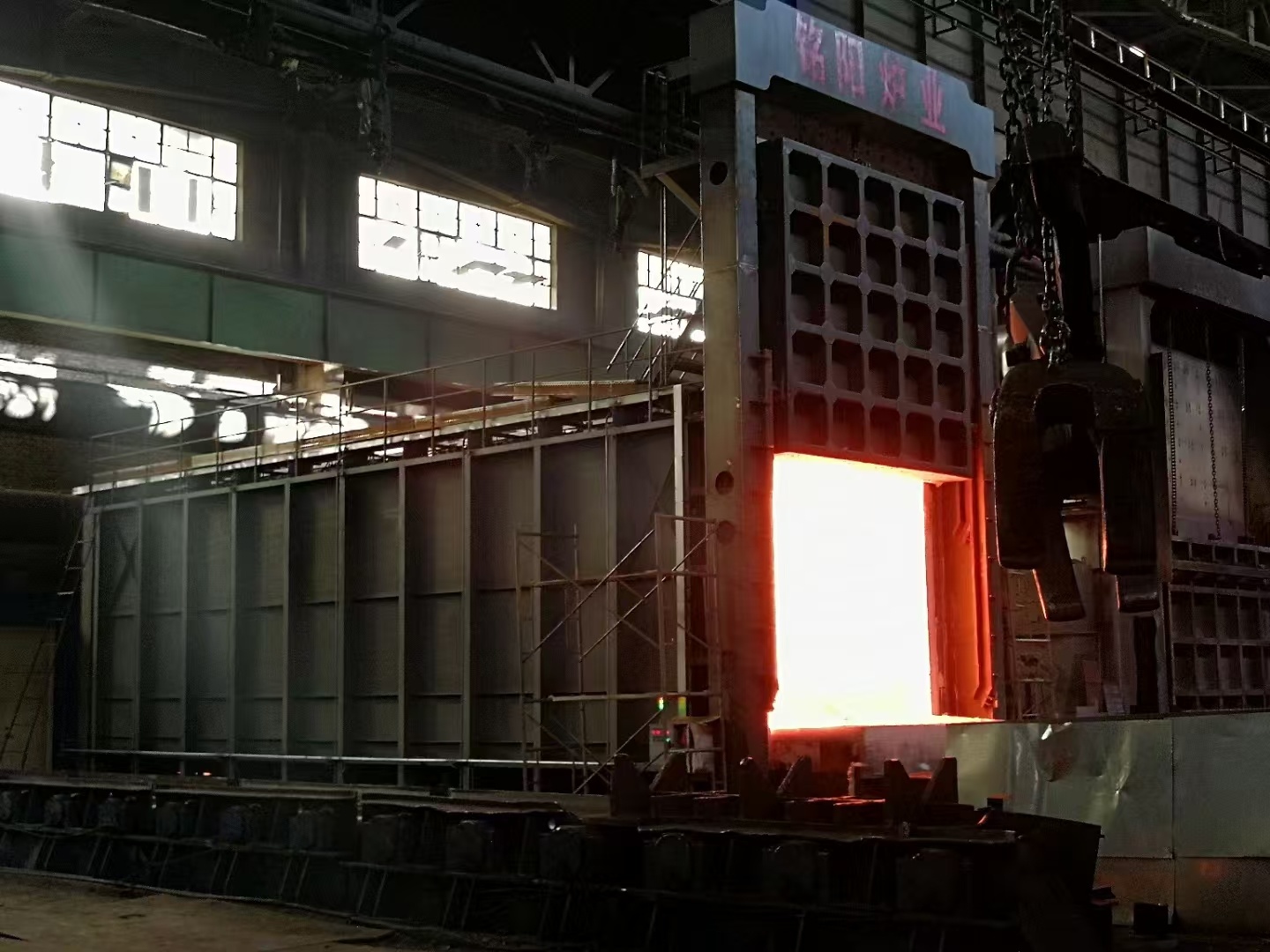

Understanding Durable Forging and Casting Industrial Furnaces: Essential Insights for the Industry
Durability is a core attribute of industrial furnaces used in forging and casting. These furnaces are designed to withstand extreme temperatures and harsh working conditions, which are typical in metalworking environments. A durable furnace not only ensures consistent performance over time but also reduces the likelihood of unexpected breakdowns, thereby minimizing downtime and maintenance costs. This is particularly important as manufacturers strive to maintain high levels of production while managing operational expenses.
A key aspect of durable forging and casting industrial furnaces is their construction. High-quality materials and advanced engineering designs play a crucial role in ensuring longevity. For instance, furnaces constructed with refractory materials that can withstand corrosion and thermal shock are essential for maintaining operational integrity. Additionally, features such as efficient insulation and advanced burner technologies contribute to energy savings and improved thermal efficiency, which are critical in today’s environmentally conscious market.
Moreover, the versatility of these furnaces is noteworthy. They can accommodate a wide range of materials, including various alloys and metals, making them indispensable in diverse industries such as automotive, aerospace, and heavy machinery. This adaptability allows manufacturers to respond swiftly to changing market demands, producing custom components without significant delays.
To maximize the effectiveness of durable forging and casting industrial furnaces, manufacturers are encouraged to implement best practices in operation and maintenance. Regular inspections and maintenance schedules ensure that any wear and tear are addressed promptly, thereby extending the life of the furnace. Implementing modern monitoring technologies can also provide real-time data on furnace performance, allowing operators to make informed decisions that enhance productivity.
In conclusion, investing in durable forging and casting industrial furnaces is a strategic move for manufacturers seeking to improve efficiency, reduce costs, and stay competitive in their respective markets. Understanding the operational benefits, maintenance requirements, and technological advancements associated with these furnaces can empower businesses to optimize their production processes and achieve greater success.
If you are interested in our products, please leave your email and we will contact you as soon as possible.
COOKIES
Our website uses cookies and similar technologies to personalize the advertising shown to you and to help you get the best experience on our website. For more information, see our Privacy & Cookie Policy
COOKIES
Our website uses cookies and similar technologies to personalize the advertising shown to you and to help you get the best experience on our website. For more information, see our Privacy & Cookie Policy
These cookies are necessary for basic functions such as payment. Standard cookies cannot be turned off and do not store any of your information.
These cookies collect information, such as how many people are using our site or which pages are popular, to help us improve the customer experience. Turning these cookies off will mean we can't collect information to improve your experience.
These cookies enable the website to provide enhanced functionality and personalization. They may be set by us or by third-party providers whose services we have added to our pages. If you do not allow these cookies, some or all of these services may not function properly.
These cookies help us understand what you are interested in so that we can show you relevant advertising on other websites. Turning these cookies off will mean we are unable to show you any personalized advertising.


